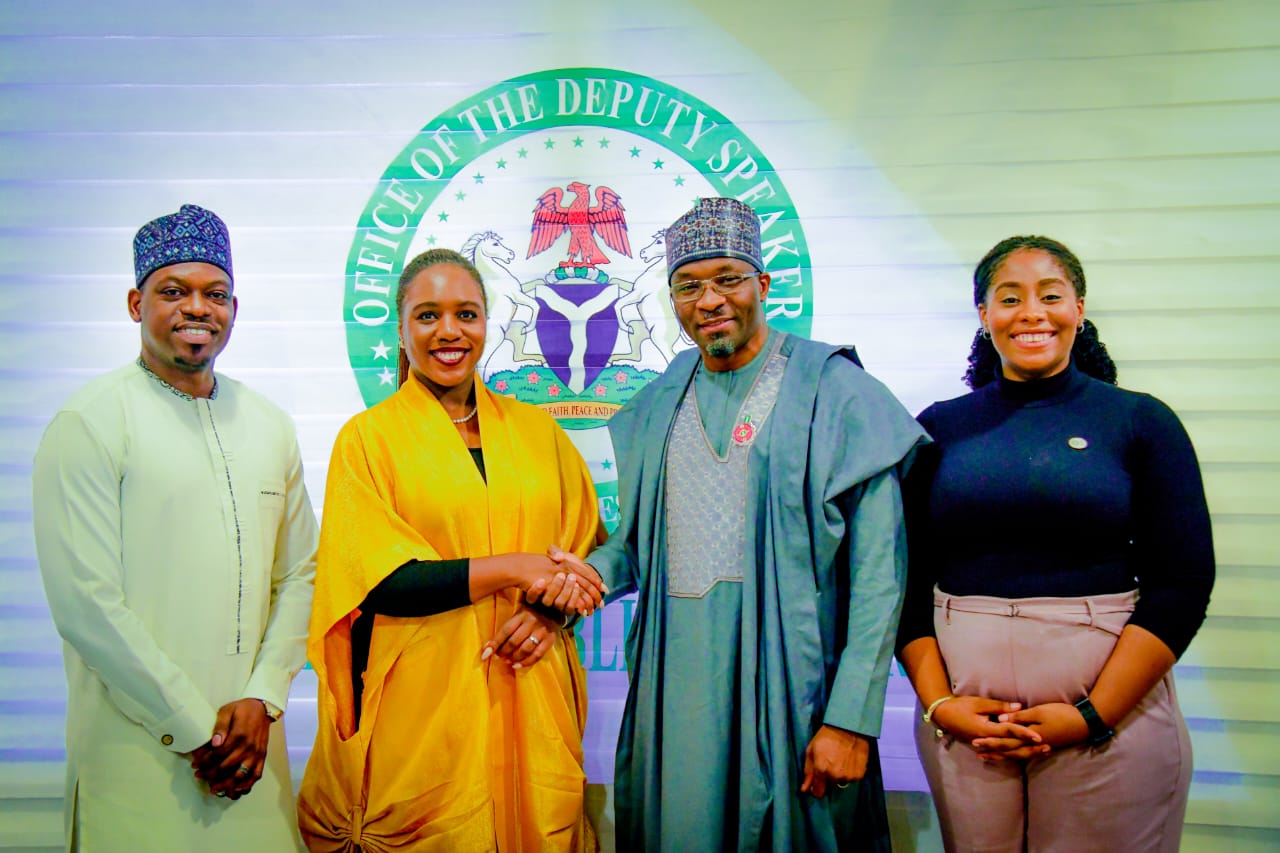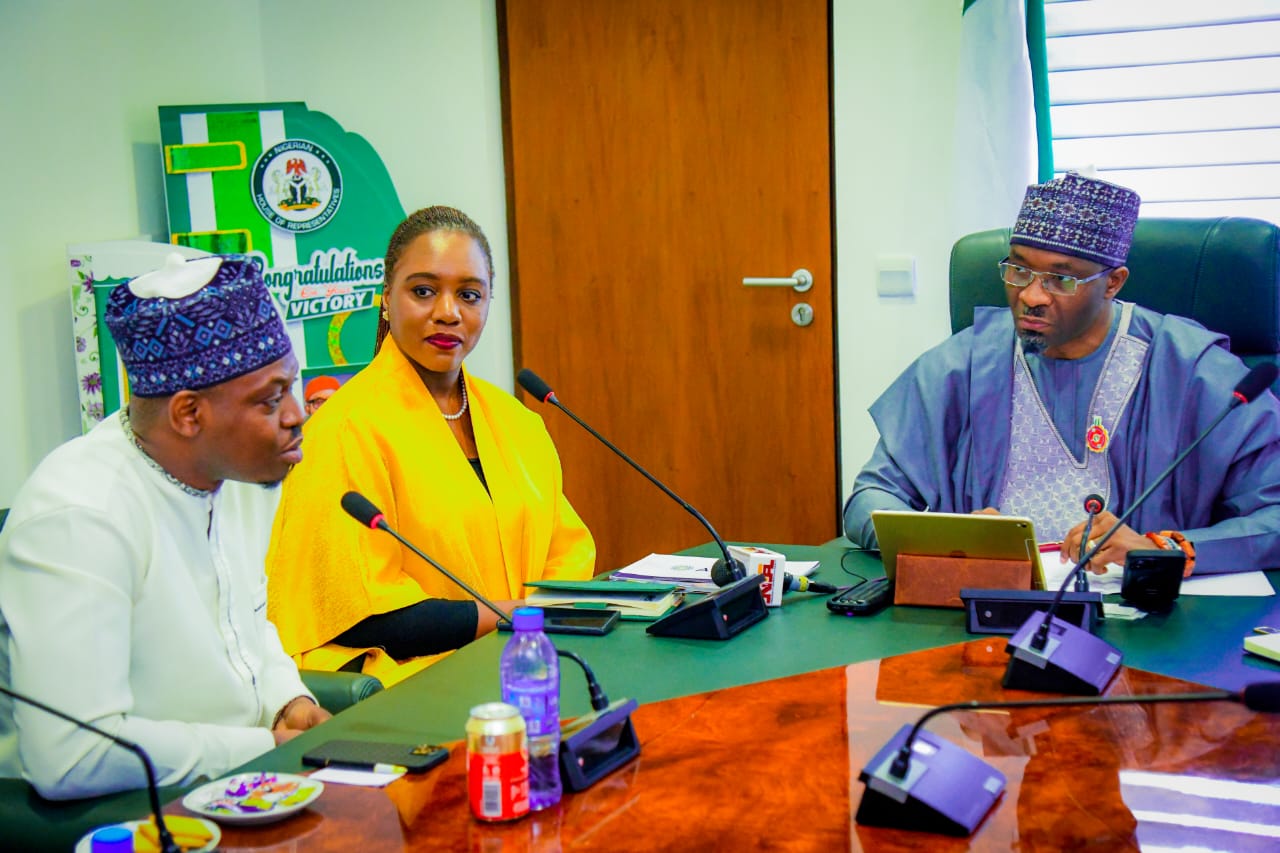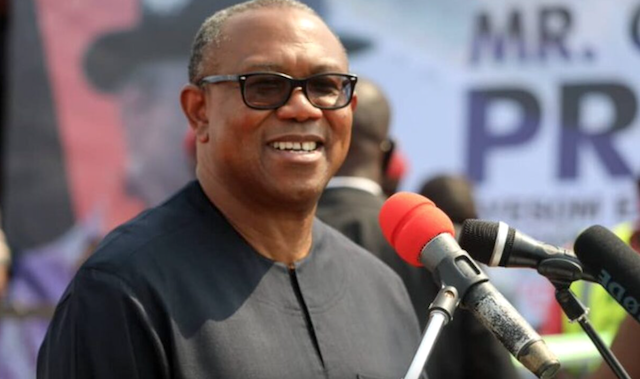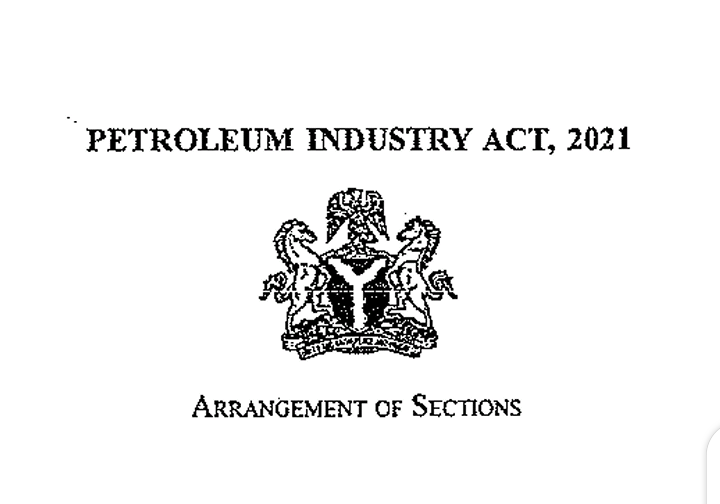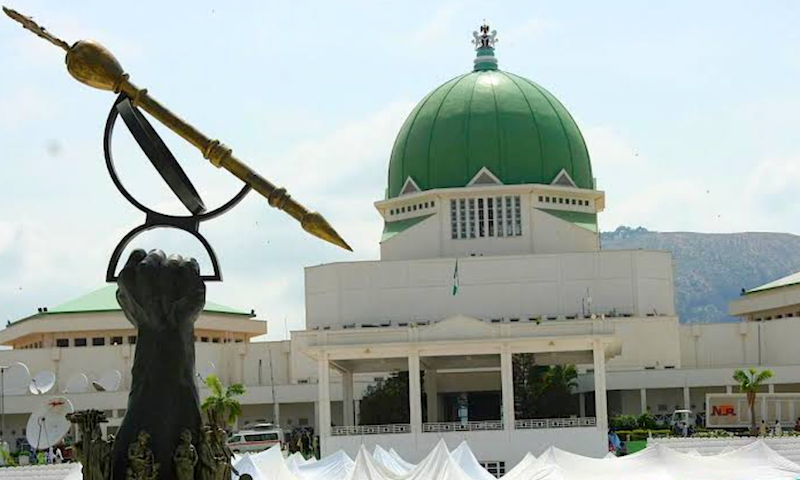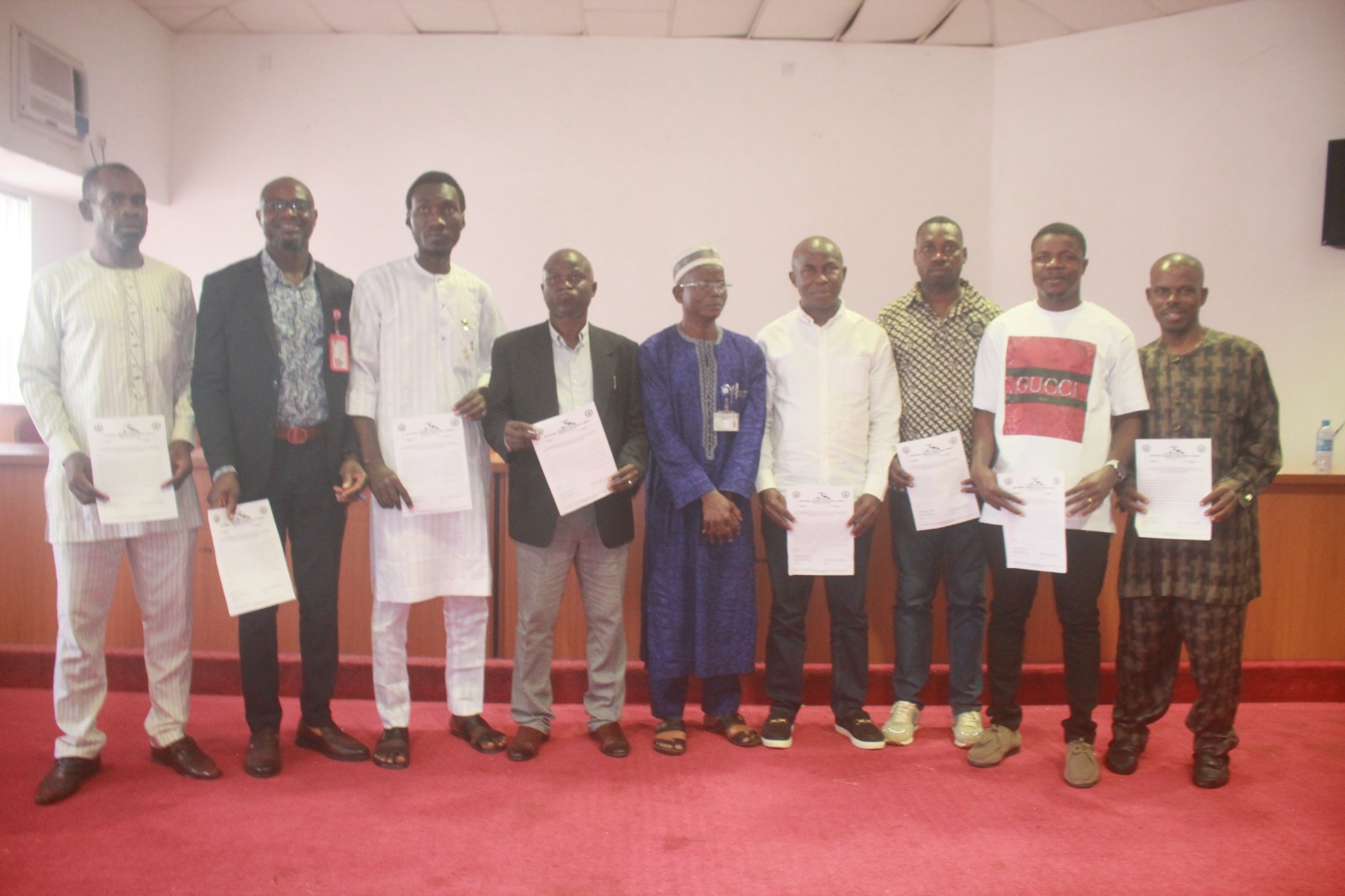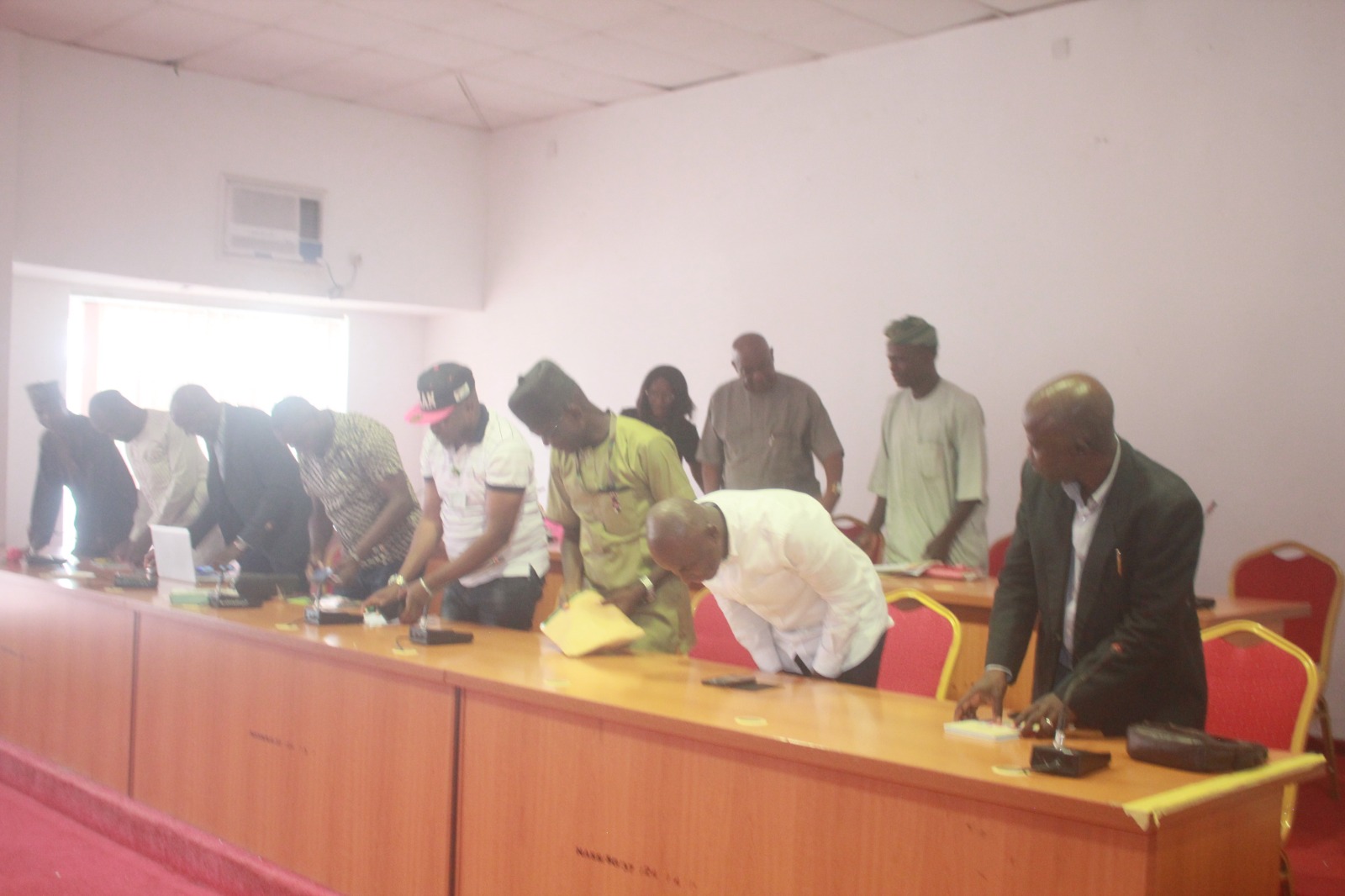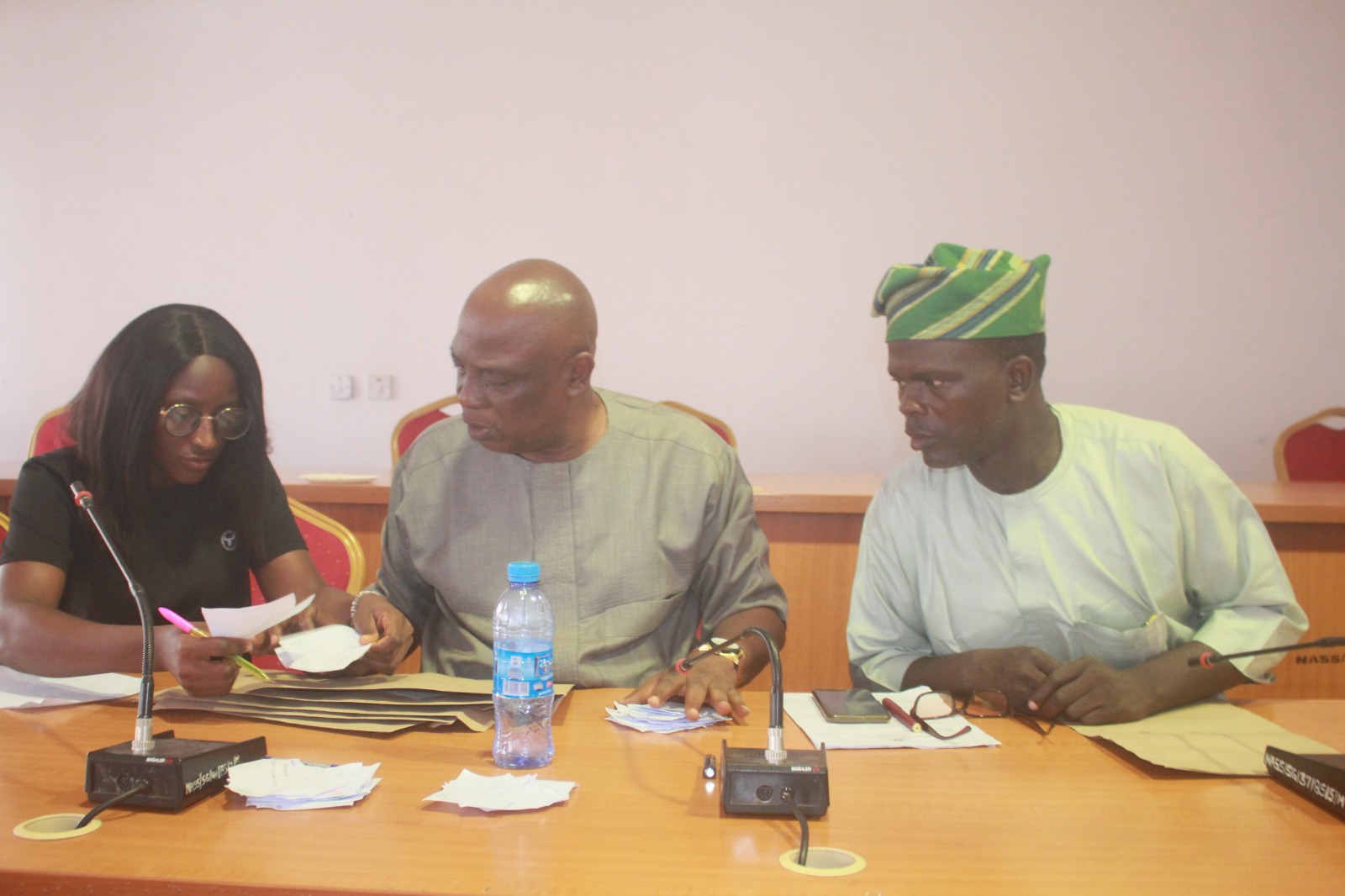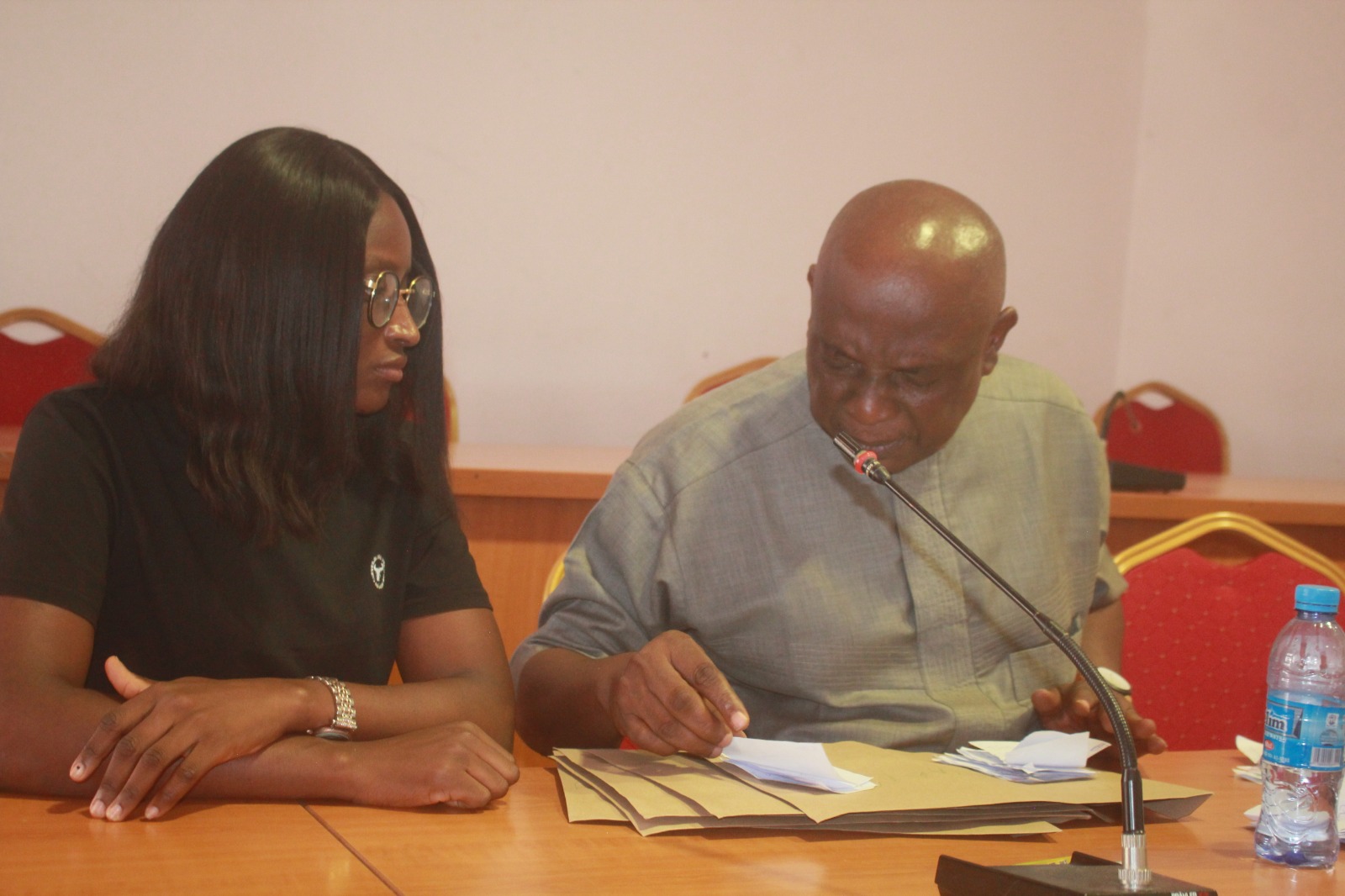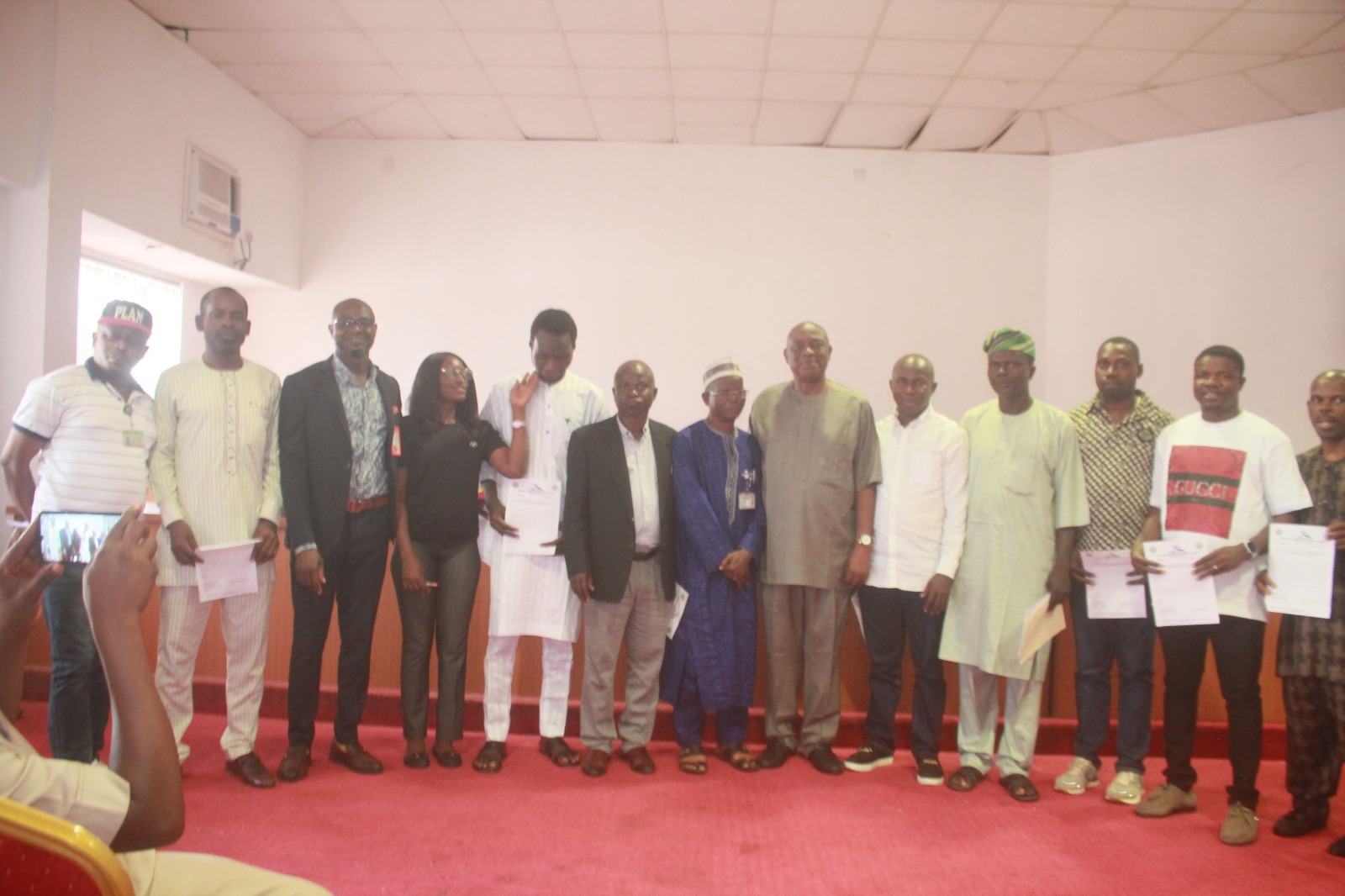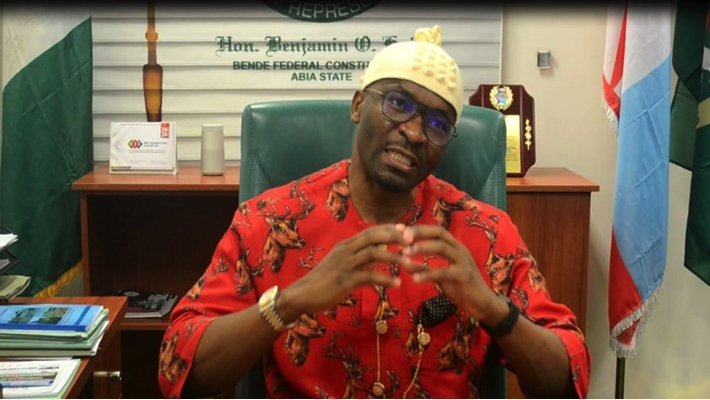The Speaker of the House of Representatives Hon. Abbas Tajudeen, has called for more partnerships with civil society organisations, non-governmental organisations and donor agencies towards strengthening the capacity of the National Assembly.
Speaker Abbas stated that the capacity needs assessment of the National Assembly, especially the House, is an essential process that would “enable us to evaluate our strengths and weaknesses as an institution.”
The Speaker added that it would provide the House with valuable insights into “areas where we can improve our legislative processes, oversight mechanisms, and overall effectiveness in representing the interests of the citizens.”
The Speaker made the call at a meeting with development partners, donor agencies, technical partners and civil society organisations (CSOs) on the capacity needs assessment of the House, in Abuja on Monday.
The meeting was organised by the Programmes Coordinating Unit (PCU) under the Office of the Speaker.
The development partners represented at the meeting included the United Nations Development Programme (UNDP), Konrad-Adenauer-Stiftung (KAS), KLEEN Foundation, Policy and Legal Advocacy Centre (PLAC), and Civil Society Legislative Advocacy Centre (CISLAC), among others.
Also at the meeting were the Chairman of the House Committee on Media and Public Affairs, Hon Akin Rotimi; Chairman of the House Committee on Women Affairs, Hon Kafilat Ogbara, and Chairman of the House Committee on Monitoring and Implementation of the Legislative Agenda, Hon Patrick Umoh.
The Speaker, represented by the Majority Leader of the House, Prof. Julius Ihonvbere, said through the assessment, the House aimed to identify specific areas where additional support and capacity-building initiatives were required.
“This includes enhancing our research capabilities, strengthening our committee system, improving legislative drafting skills, and fostering a culture of collaboration and inclusivity within the House,” the Speaker stated, describing the meeting as a crucial engagement regarding the partners’ technical support to the House.
He recalled an earlier meeting held on September 18, 2023, where both sides discussed the House’s intention to harness the partners’ expertise, support and goodwill in the drive to enhance the capacities of members and staff.
The Speaker noted that the move was in recognition of the fact that development partners, donor agencies and CSOs play a vital role in supporting democratic institutions like the parliament.
He said: “During that meeting, as I have emphasised on numerous other occasions, I highlighted the unique capacity challenges faced by the 10th House, owing to the significant turnover rate resulting from the general elections. As legislators, we must have the necessary skills, knowledge, and resources to fulfil our responsibilities effectively.
“In order to address these challenges effectively, the House in its Legislative Agenda identified capacity development as a key avenue of equipping the legislature to deliver quality services in terms of representation, oversight and law making.”
Speaker Abbas also noted that he established the Programmes Coordinating Unit (PCU) under his office for the purposes of coordination, implementation, monitoring and evaluation of all technical support and capacity development drive of the House.
“I am pleased to observe that some progress has been achieved, following our initial meeting. I am aware that our technical partners and supporters have been collaborating with the PCU to provide various forms of assistance to the House. This demonstrates your dedication to strengthening our democracy.
“The House, as well as the entire nation, appreciates your ongoing support and will continue to seek your cooperation in our efforts to enhance the legislative institution,” he said.
The Speaker said in order to ensure a well-coordinated and impactful collaboration with you, the PCU had recognised the necessity of formulating a comprehensive Parliamentary Development Programme. This, he noted, would serve as a guiding framework for the collective efforts.
To achieve this, Speaker Abbas said it was deemed essential to conduct a capacity needs assessment of the House.
He added that the purpose of the assessment was to gain a comprehensive understanding of the House’s capacity requirements. “By doing so, we can effectively allocate our resources and interventions,” he stressed.
The Speaker said, “On this note, I wish to thank the United Nations Development Programme (UNDP) for helping us secure the services of one of Nigeria’s leading development expert, Prof. Victor Adetula, to conduct this needs assessment and develop a comprehensive parliamentary development programme.
“The purpose of our meeting today is primarily to reiterate our request for your assistance in this initiative and to engage with the consultant as he identifies the gaps in capacity and requirements of the House. We eagerly anticipate your insights, recommendations, and potential opportunities for collaboration.
“I expect that the results of this assessment will serve as a foundation for your various interventions and support to the House. This does not undermine your ongoing support and identified areas of technical assistance.”
On the other hand, the partners and stakeholders expressed their readiness to study the terms of reference and continue the engagements with the PCU especially towards the implementation of the Legislative Agenda of the 10th House.
The participants also expressed their support for the NEEDS assessment to be conducted on the National Assembly, especially the House of Reps.
The stakeholders also noted the importance of introducing technology, especially Artificial Intelligence, in the operations of the National Assembly.
The partners also emphasised building the confidence of the people in the parliament to reduce the existing trust deficit, while stressing the need to educate the public on the roles and activities of the National Assembly.
Signed:
Musa Abdullahi Krishi, Special Adviser on Media and Publicity to the Speaker, House of Representatives, Federal Republic of Nigeria.

